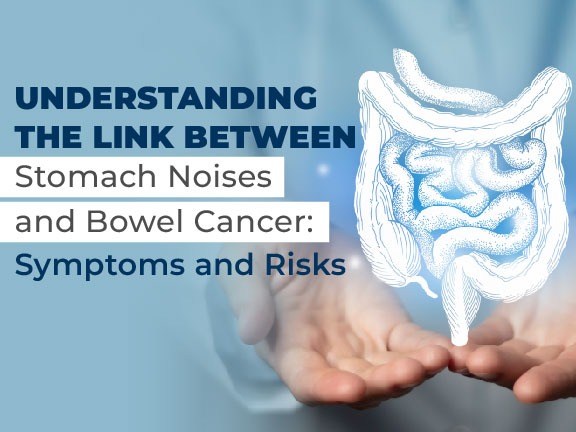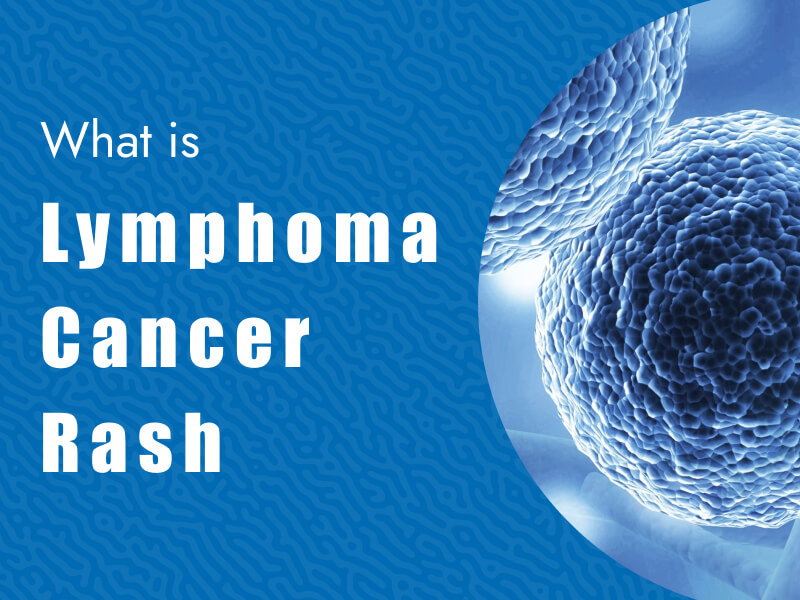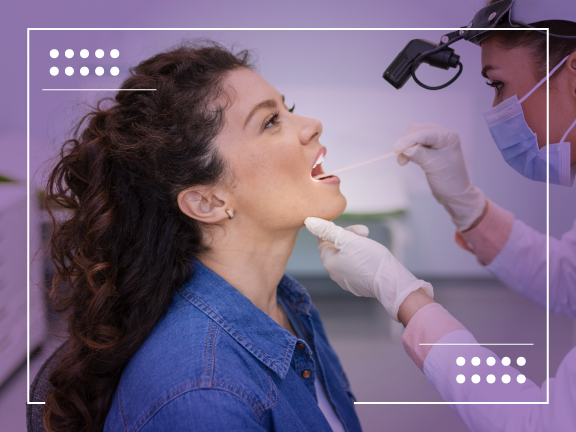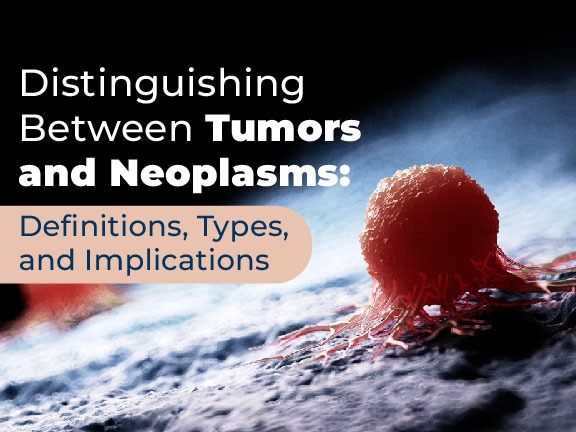Liver cancer, also known as hepatocellular carcinoma (HCC), is a significant global health concern. It is the sixth most common cancer and the fourth leading cause of cancer-related deaths worldwide. One of the key factors contributing to its high mortality rate is the lack of early detection. Early detection plays a pivotal role in improving liver cancer prognosis and increasing treatment success rates. In this blog, we will explore the importance of early detection in liver cancer, the risk factors associated with the disease, and the screening methods available for timely identification.
The Importance of Early Detection
1. Improved Treatment Outcomes: Early detection of liver cancer significantly improves treatment options and outcomes. When liver cancer is diagnosed at an early stage, before it has spread to other organs, it is more likely to be treated successfully. Early-stage liver cancer is more amenable to curative treatments such as surgery, liver transplantation, or localized therapies like radiofrequency ablation.
2. Enhanced Quality of Life: Early detection allows for less aggressive treatment interventions, leading to a better quality of life for patients. Early-stage liver cancer treatments generally have milder side effects and a shorter recovery period compared to advanced-stage treatments.
3. Increased Longevity: Timely detection and appropriate treatment can extend the life expectancy of individuals diagnosed with liver cancer. Early diagnosis provides a better chance of achieving long-term survival and managing the disease as a chronic condition.
Risk Factors for Liver Cancer
Several risk factors can increase an individual’s likelihood of developing liver cancer. It is essential to be aware of these risk factors to identify high-risk individuals who may benefit from regular screenings:
1. Chronic Hepatitis Infections: Chronic infection with hepatitis B virus (HBV) or hepatitis C virus (HCV) is a significant risk factor for liver cancer. Regular screening is crucial for individuals with a history of these infections.
2. Cirrhosis: Liver cirrhosis, often caused by chronic alcohol consumption or viral hepatitis, is a leading risk factor for liver cancer. People with cirrhosis should undergo regular screenings for early detection.
3. Non-Alcoholic Fatty Liver Disease (NAFLD): NAFLD, a condition characterized by fat accumulation in the liver, can lead to liver inflammation and, in some cases, progress to liver cancer. Early detection through screening can help manage the disease effectively.
4. Diabetes: Individuals with diabetes have an increased risk of developing liver cancer. Routine screenings can aid in early detection for this high-risk group.
5. Family History: A family history of liver cancer or liver diseases may elevate an individual’s risk. Regular screenings are recommended for those with a family history of the disease.
Liver Cancer Screening Methods
Early detection of liver cancer is primarily achieved through routine screenings for individuals at risk. The following are the most commonly used screening methods:
1. Blood Tests: Blood tests can help identify liver cancer by measuring the levels of certain proteins and enzymes in the blood. For example, alpha-fetoprotein (AFP) is a tumor marker that may be elevated in liver cancer. Although blood tests alone cannot definitively diagnose liver cancer, they can signal the need for further testing.
2. Imaging Tests: Imaging tests like ultrasound, computed tomography (CT) scans, and magnetic resonance imaging (MRI) are crucial for detecting liver abnormalities. These tests can identify liver tumors, assess their size and location, and help determine if the cancer has spread to other areas.
3. Biopsy: If imaging tests reveal suspicious lesions, a biopsy may be performed. During a biopsy, a small tissue sample is extracted from the liver and examined under a microscope to confirm the presence of cancer cells.
Conclusion
Early detection is a critical factor in improving liver cancer outcomes. Regular screenings for individuals at risk, such as those with chronic hepatitis infections, cirrhosis, or a family history of liver cancer, can aid in timely identification and treatment initiation. By promoting awareness of the importance of early detection and the available screening methods, we can take significant strides towards reducing the burden of liver cancer and improving the lives of those affected by this devastating disease.












